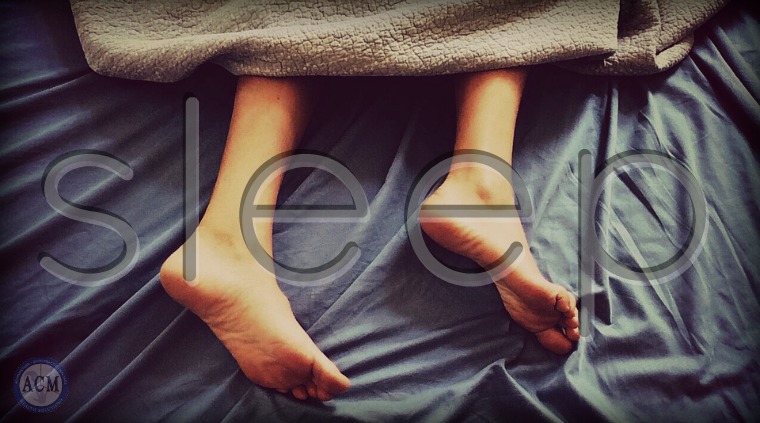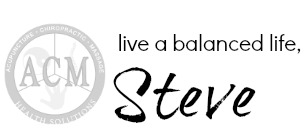Acupuncture & Traditional Chinese Medicine for Healthy Sleep
If you are suffering from insomnia or unable to get a good night’s rest, you are not alone. Around 60 million Americans experience insomnia and sleep related problems on a daily basis. Prescription sleeping pills are one of the most highly overused medications and can lead to side effects and addiction. Acupuncture is a centuries-old practice that has been proven to help sleep disorders without the risk of addiction or putting chemicals in the body.
How acupuncture works
Acupuncture works by addressing the root of the problem to return the body back to health. One clinical study found that patients with anxiety had increased sleep time, quality of sleep and felt less stressed with acupuncture treatment. Traditional Chinese Medicine uses the meridian system, the body’s channel in which energy flows through, to stimulate Qi to return the organs to balance. When there is an imbalance in the body, illness such as insomnia arises. Acupuncture uses specific points on the body related to sleep problems to treat underlying issues.
There are many problems that contribute to insomnia such as chronic pain, depression and stress. Acupuncture is known to be a great alternative treatment for these related issues. In TCM, insomnia is looked at as a heart and liver imbalance. Acupuncture especially addresses these organs to help calm the nervous system and improve the muscle and nerve channels by increasing blood flow.
Chinese herbs for sleep
There are many Chinese herbs that have been known to help insomnia and to get a better quality sleep. These herbs are easy to find at the store and are widely safe to use.
Chrysanthemum tea: Chrysanthemum is known to help the clean the liver. When the liver is not working properly, it can cause insomnia, irritability and dizziness.
- Place 2 tsp. dried chrysanthemum in a cup, pour boiling water over blossoms, infuse for 5 minutes. Add sweetener to taste.
Ginseng tea: Ginseng is used for a number of health benefits. It is commonly used to help fatigue, dry mouth and shortness of breath. Although ginseng is typically known as being a stimulant, the root works by normalizing your body’s stress levels. Because of this, when taken during the day, studies have shown that it can help increase quality of sleep at night.
- Simmer 2 tsp of ginseng in 1 1/2 C. water for 15 minutes. Add sweetener to taste. It should be noted that there are a variety of Ginseng for various individuals and situations and Ginseng may not be appropriate for use when you have a cold or flu.
Schisandra tea: Schisandra berry tea can be found at health stores and is known to promote lung and kidney function. Because of this, it is a great tea to help insomnia and fatigue.
- Roast and crush your desired amount of Schisandra berries and store in container. For each serving take 1 tsp. and infuse with hot water, wait for 3 minutes. Add sweetener to taste.
There are many options when it comes to treating insomnia. Traditional Chinese Medicine offers an effective treatment that leaves out the dependency of sleep-aid medications.
Meditation is good too!

